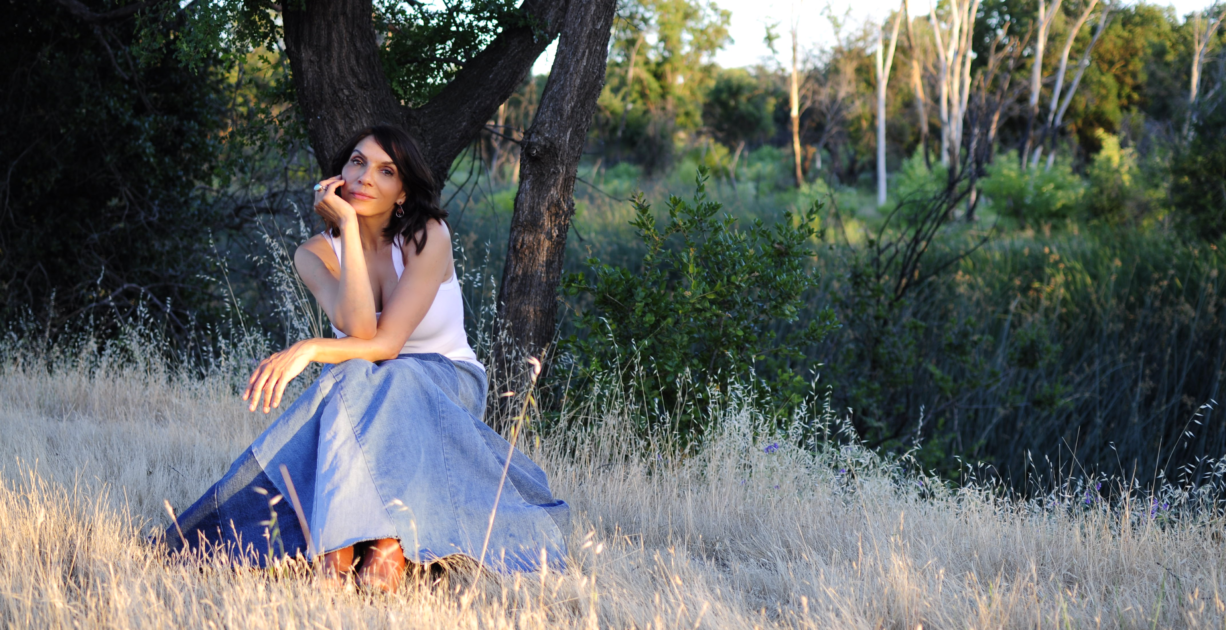“Connecting with tradition, but also forging your own path – it’s a beautiful balance.”
Lara Downes spoke with 15 Questions about her latest album This Land:
How much creativity is there in the act of interpretation? How much of your own personality enters the process?
“The amount of creativity in interpretation is vast and constantly evolving. You never play a piece the same way twice, and it’s fascinating how your own state of mind and experiences on any given day can influence the performance.
Take, for instance, our recent performance of “Rhapsody In Blue Reimagined” in Brooklyn Bridge Park, which was a really special free concert to support voter registration – a beautiful day in an iconic setting. There were moments when I wasn’t even playing, but the sheer joy and energy of the moment were palpable, and that inevitably flowed into my playing when I returned to the keys. It was a reminder that every performance is unique, shaped by the present moment and all that it encompasses.
So, while there’s a foundation of technique and understanding, there’s also a tremendous amount of room for personal expression and spontaneity. It’s part of what makes live music so magical.“
Some works seem to attract more artists to add their interpretation to it than others; some seem to even encourage wildly different interpretations. From your experience, what is it about these works that gives them this magnetic pull?
“Works that attract diverse interpretations often resonate deeply with fundamental human experiences and emotions.
For example, Beethoven’s music captures his profound personal struggles, which continue to speak to listeners across centuries. Similarly, American music, going all the way back to its origins in Negro Spirituals always contains powerful themes of survival, hope, and transformative energy, which adapt in every era to meet current trials and triumphs.
The magnetic pull of these works lies in their ability to convey core human sentiments that artists and audiences can continually connect with and reinterpret.“
Read the full interview on Fifteen Questions.


